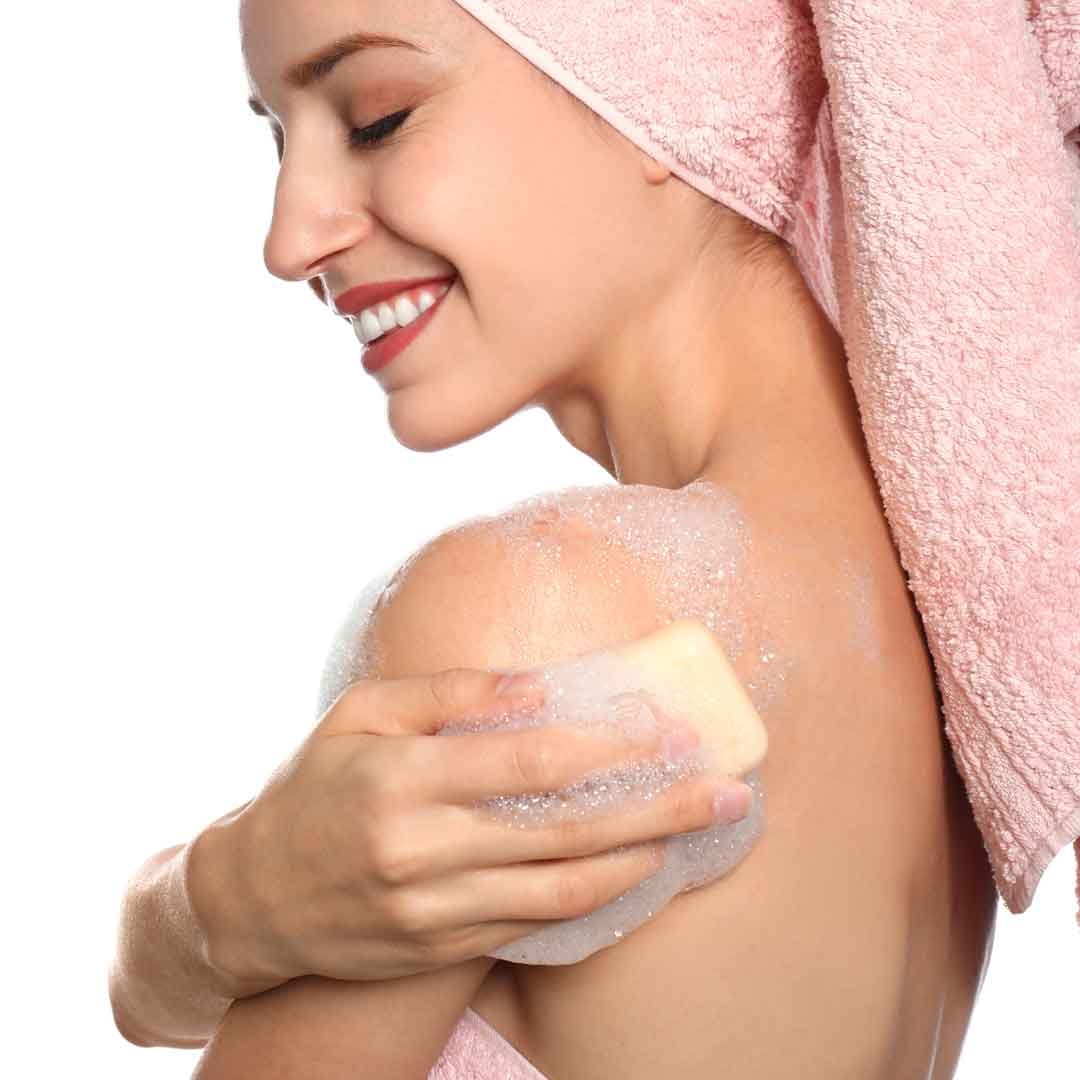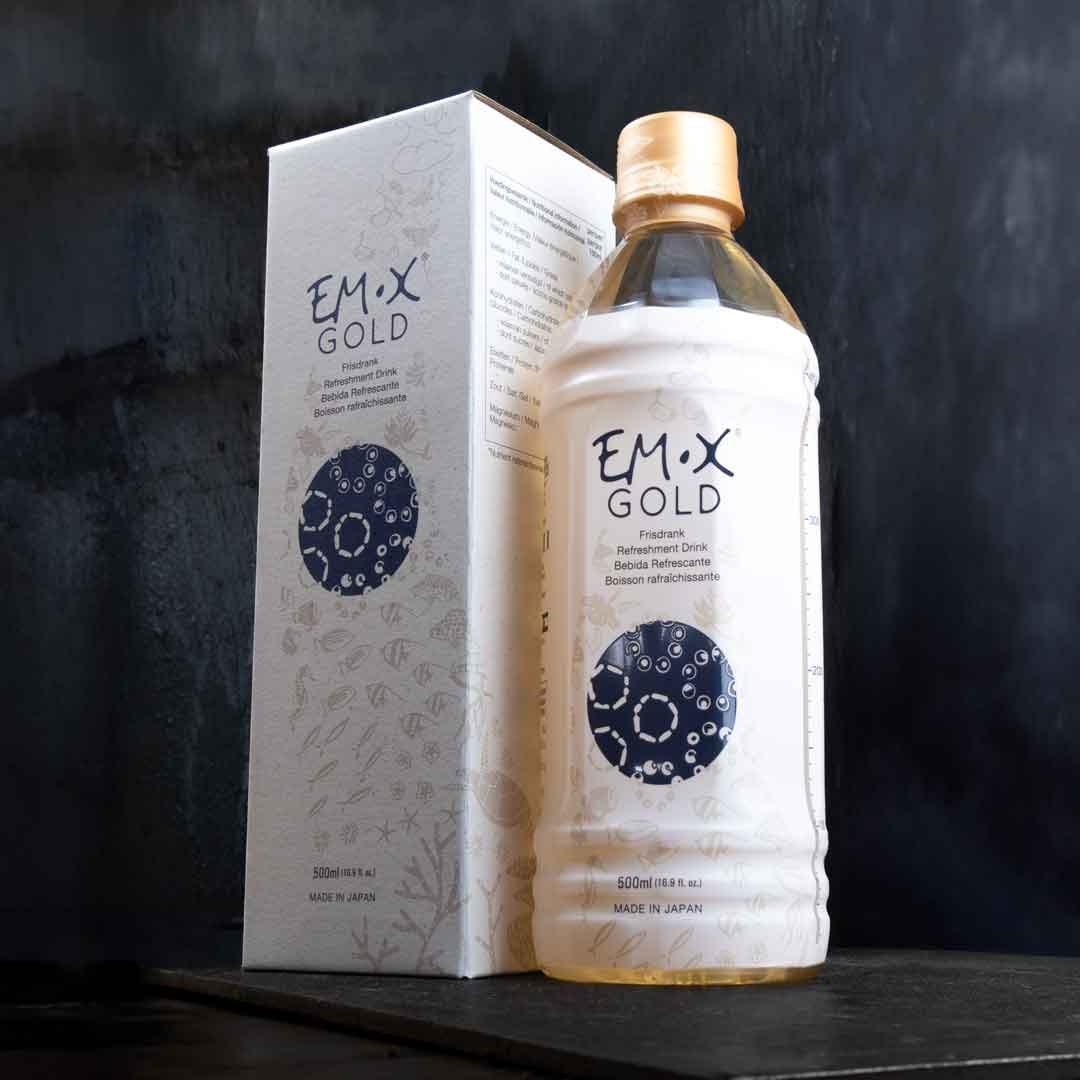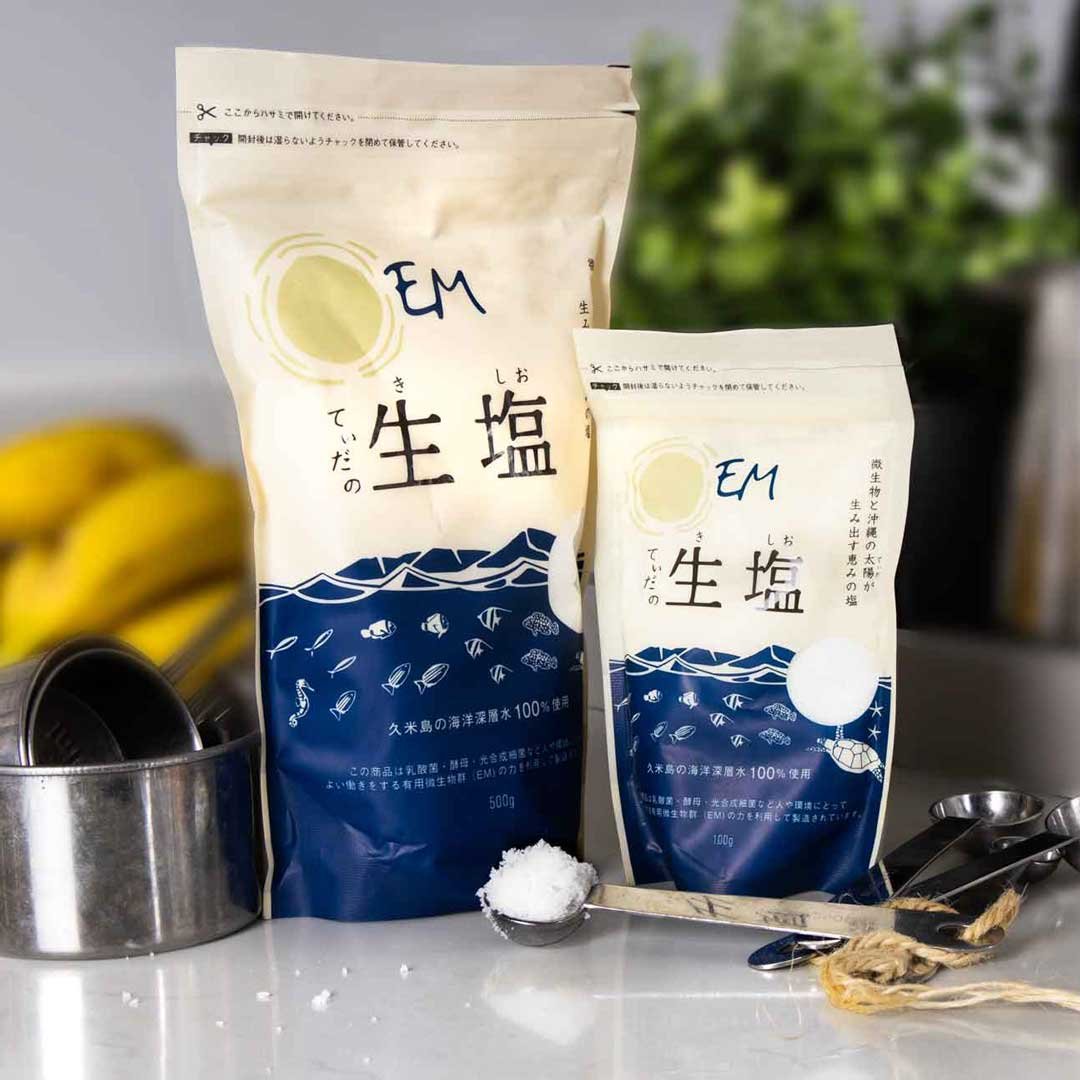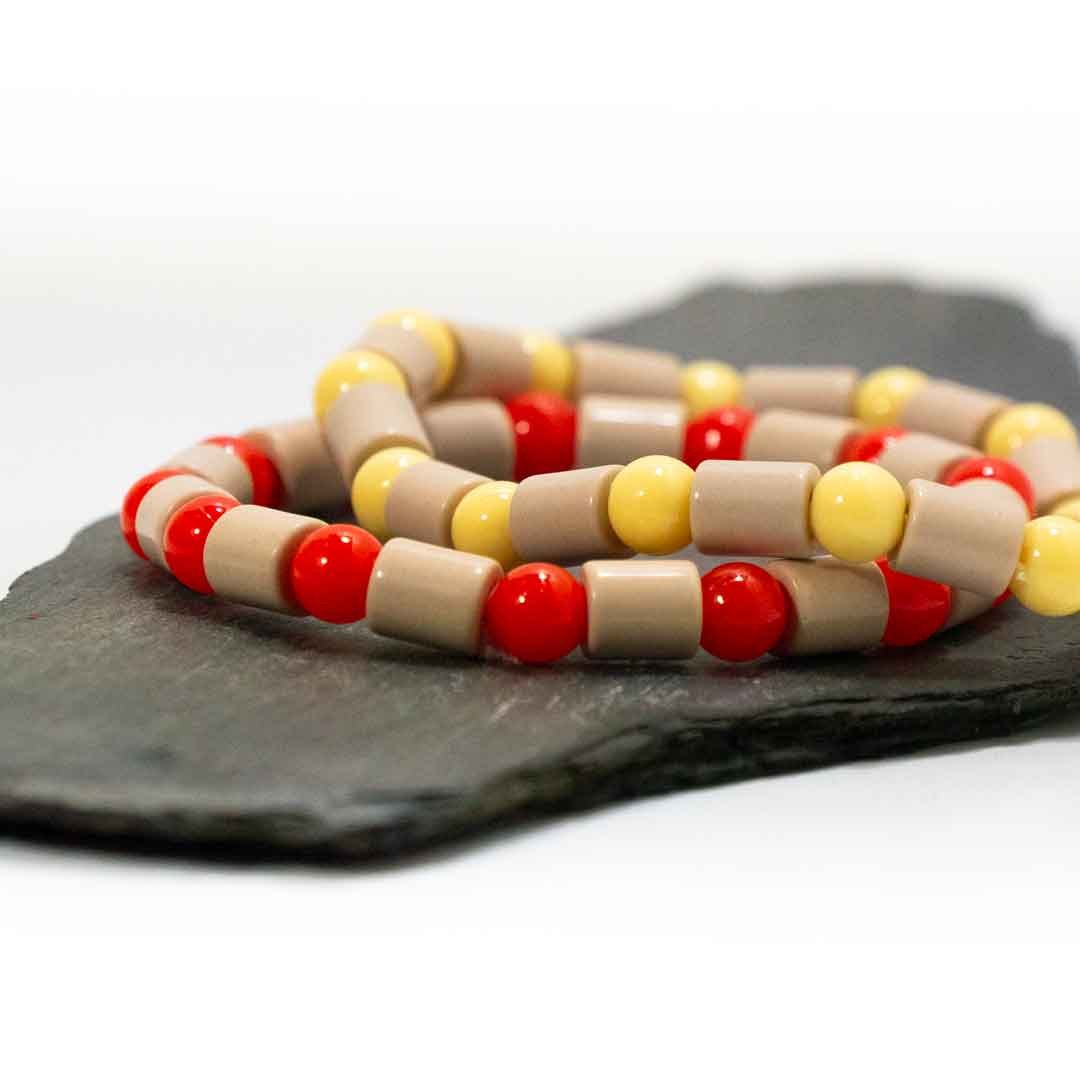 Image 1 of 6
Image 1 of 6

 Image 2 of 6
Image 2 of 6

 Image 3 of 6
Image 3 of 6

 Image 4 of 6
Image 4 of 6

 Image 5 of 6
Image 5 of 6

 Image 6 of 6
Image 6 of 6







EM® Bath Soap
EM® Bath Soap is a unique and invigorating soap enriched with Effective Microorganisms (EM). This soap is formulated to provide a rejuvenating and cleansing experience for your skin. The beneficial microorganisms in EM soap can promote skin health and support a balanced microbiome. Enjoy the refreshing and natural lather of EM® Bath Soap as part of your daily self-care routine.
EM® Bath Soap is a unique and invigorating soap enriched with Effective Microorganisms (EM). This soap is formulated to provide a rejuvenating and cleansing experience for your skin. The beneficial microorganisms in EM soap can promote skin health and support a balanced microbiome. Enjoy the refreshing and natural lather of EM® Bath Soap as part of your daily self-care routine.
EM® Bath Soap is a unique and invigorating soap enriched with Effective Microorganisms (EM). This soap is formulated to provide a rejuvenating and cleansing experience for your skin. The beneficial microorganisms in EM soap can promote skin health and support a balanced microbiome. Enjoy the refreshing and natural lather of EM® Bath Soap as part of your daily self-care routine.

“Promoting healthy bodies and clean water”
The delicate and pliable foam effectively eliminates dirt, and its use of EM (Effective Microorganisms) makes it a more environmentally conscious choice.
What are EM?
EM refers to a blend of "beneficial bacteria," including lactic acid bacteria and yeast, that offer utility to both humans and the environment. Employed in over 100 countries globally, EM finds applications in diverse fields such as agriculture, livestock, river purification, and healthcare.
How is soap crafted?
Soap production involves two primary methods: the saponification method and the neutralization method. Soap bubbles are specifically crafted using the saponification method.
The "saponification method" entails the reaction of caustic soda (or caustic potash) with fats and oils. This intricate process demands skill and time, resulting in soap that retains a small percentage of glycerin found in oils and fats. Glycerin, a historical moisturizing agent, imparts a hydrating quality to the soap, preventing it from feeling excessively dry. This method is characterized by the meticulous retention of glycerin.
On the other hand, the "neutralization method" involves reacting fatty acids with caustic soda (or caustic potash), allowing for rapid soap production suitable for mass manufacturing. However, soap produced through the neutralization method utilizes fatty acids instead of oils and fats, resulting in the absence of glycerin.
Shabondama soap is meticulously crafted using the saponification method, undergoing multiple aging processes and careful cooking over a week. This craftsmanship yields a mild soap enriched with natural moisturizing ingredients.
Production method
Oil (fatty acid/glycerin) + caustic soda or caustic potash → Soap + glycerin
Period:
1 week until completion
[Neutralization method]











